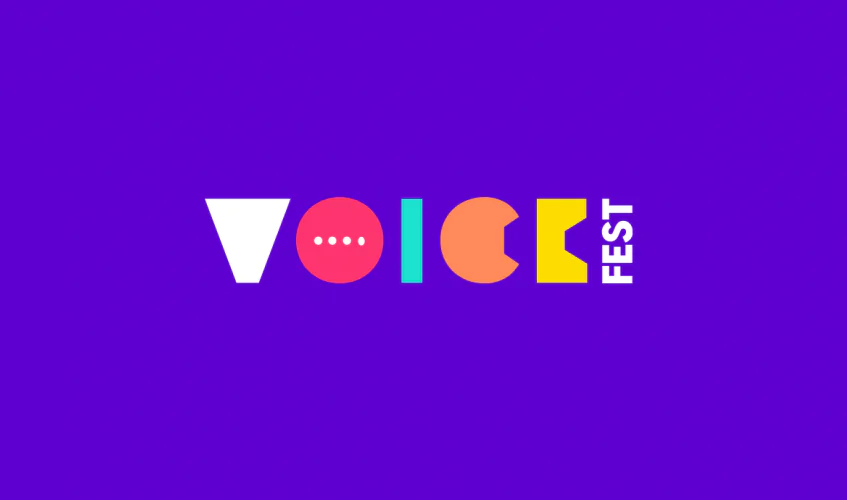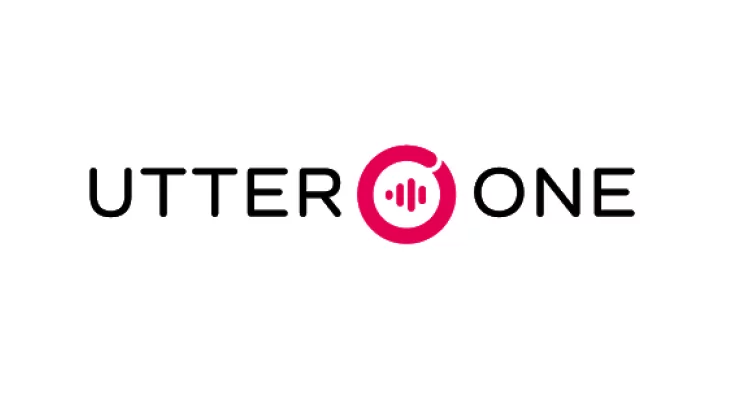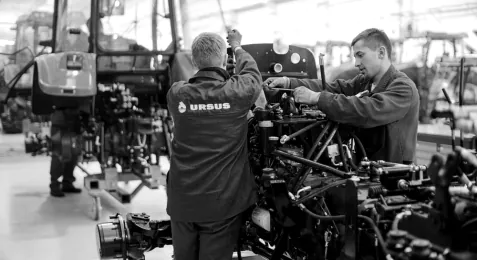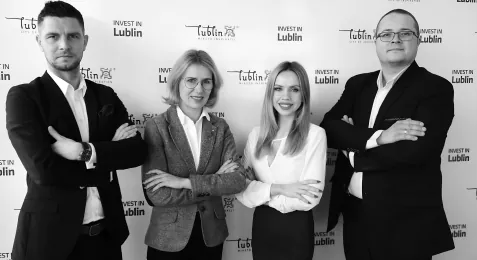Lublin Info Centre
May the voice be with U(X)!

The Polish community around the topic of voicebots and voice assistants is growing rapidly, and there are a number of interesting initiatives aimed at its integration and collaboration, but also at the education of customers. One of the examples of such initiatives is a report “Voiceboty i ludzie” by Techmo, which shows how recent global developments have affected the digitisation and automation of business processes, and how voice technologies address them. Besides obvious negative impacts of the pandemic, there are also positive outcomes, including successful cost reduction, better work organisation and implementation of new technologies which might introduce new business models and open up untapped business areas, thereby creating value for customers. Of course, voice technology is one of them. The changes are not only about a new work culture, but also customer behaviour. The shift from offline to online has been a growth driver for the development and deployment of voicebots and voice assistants. Among the businesses featured in the report, are 3 companies from Lublin. Representatives of Utter.one, Inteliwise and Voice Contact Centre shared their views on the factors which accelerate and hamper the growth of the industry, common mistakes made by bot designers, and predictions of what the voicebot market will look like in the near future.
Utter.one is a Lublin-based start-up which builds voice applications and chatbots. By creating virtual assistants, the company solves real customers’ problems. Utter.one also develops its own solutions in the field of neuro-linguistic programming and artificial intelligence. What is more, it shows businesses how to harness the business the potential of smart speakers. Recently, Utter.one has put together Voicefest, the first online conference dedicated to chatbots, voicebots and voice assistants in Poland. The event attracted over 700 participants, which shows how hot this topic at the moment is. An impressive line-up of speakers (all smart ones!) including professionals dealing with voice technologies, artificial intelligence, machine learning, UX design and brain-computer interfaces provided insights into recent developments on the market and shed light on how the technologies of the future might look like. The speakers unanimously agreed that the market of voicebots and voice assistants will grow exponentially. According to Gartner, currently there are 20 billion devices connected to the Internet globally, and within the next 5 years this figure is expected to reach 72 billion. As mentioned by Michał Stanisławek, Utter.one co-founder and CEO who shared his wisdom and experiences as one one of the Voicefest speakers, nearly half of UK families listen to weekly stories or audiobooks, and half of families use voice assistants to keep fit and stay healthy. Obviously comparing Poland to US or UK market or American and British customers makes not much sense yet, but it’s worth bearing in mind that 27 million Polish people have now access to Google Assistant, which translates into 0.5 to 1 million active users. Thus, the space for growth is undoubtedly there.
Combination of voice assistants with augmented reality is what we strive for, since it will create a full picture and open brand new possibilities of utilizing the full potential of these technologies, says Rafał Garbacz, co-founder of Utter.one.
Voice assistants have a clear advantage over chatbots – verbal communication is more natural than written one. What’s more, according to Michał Stanisławek, people tend to have more confidence in voice statements, than in written messages. Voice technologies will develop also because of the fact that in simple matters people prefer contact with a machine to an interpersonal conversation, as it is easier and much faster. Plus, as stated by Maarten Lens-Fitzgerald, a Europe’s leading voice expert who delivered the keynote speech at the event, we talk 5 times faster than we type.
Voice technologies are not only about entertainment, increasing sales, making savings or dealing with labour shortages. They can be also used to improve the quality of our lives. First aid instructions provided by a voice assistant? Why not? Fault detection based on machine noise irregularities? Sure. Detection of a disease based on coughing frequency or voice changes? Very likely. The last one is an ambitious R&D project called VAMP [Voice Analysis for Medical Professionals] carried out by Techmo start-up aimed at effective pre-diagnosis of many civilisation diseases, such as diabetes, obesity, depression, atheroscerlosis or Hashimoto, based on patient’s voice. Interestingly, voice assistants also serve as a companion for a user. Strikingly, according to statistics, as much as 50% of owners of smart speakers consider them a part of their family.
VoiceFest was a festival of not only voicebots, but also chatbots. Why do we use chatbots? Generally to get simple information. From the business perspective, they are engaged to automate processes, generate leads, build customer engagement and enhance customer service, for instance by reducing a number of incoming calls to a call centre. Interestingly, as much as 80% of all chatbot inquiries are highly repetitive. Both chatbots and voice assistants rely on written structures, and one of the challenges their designers have to deal with is the fact that in communication the most information is hidden somewhere between the lines. In other words, it’s about context. People understand in a different way than machines do, says Michał Blak, CEO of Edrone. In Poland, another challenge is the specificity of our florid language, which makes things even more complicated. Furthermore, oftentimes technology of voice assistants raises concerns of privacy protection. Are smart speakers “mistakenly” eavesdropping? What happens to your voice commands? Are they stored? What use will be made of them in the future? The same applies to chatbots. Chatbot on Facebook Messenger used to be a simple solution based on clicking on available options, and it didn’t have much in common with real and natural conversation. At the end of 2020, these chatbots were restricted by the European Union due to new privacy rules and concerns around the processing and storage of user data – as a result 90% of functionalities have been cancelled. This, although it was a real hit to botmakers, might serve as a kind of spark which will accelerate the real development of conversational chatbots using neuro-linguistic programming, claims Maciej Maliszewski, Head of Bots at K2Bots.ai.
One of the most interesting aspects relating to voice assistants and chatbots discussed at the VoiceFest conference was personalisation. According to Talkie.ai CEO Paweł Lipiński, it is important because it provides users with experiences they know from other digital channels, such as websites or applications. There is no reason why voice technologies shouldn’t be offering the same.
Conversation design is how we create experiences that enable computers to communicate like humans, and not the other way around – Cathy Pearl, Google
UX work in the design of voice assistants is crucial. Because it’s a real-like conversation, voice technologies are much more personalised than websites or mobile applications. Time of the day, user’s mood, tone and pace of his voice or the length of the conversation are just some of the issues UX designers need to address to make interactions frictionless and intuitive. In other words, they should design for how people actually talk, not how they want people to talk.
Another interesting activity of the voice community grown by Utter.one team is VoiceLunch – regular informal online meetings of professionals from all over the world who work with voice technologies, but also for those passionate about chatbots, voicebots or conversation design. VoiceLunch aims is to share knowledge, discuss challenges and ultimately accelerate the growth of this specific industry. To join the initiative, sign in at https://register.voicelunch.com/.
Utter.one, one of the most promising start-ups from Lublin is not only developing its own solutions, but is also actively engaged in building the community of voice technology professionals and increasing customers’ awareness about what voice assistants are really about. Fingers crossed for your success, Utter.one. May the voice be with you!






